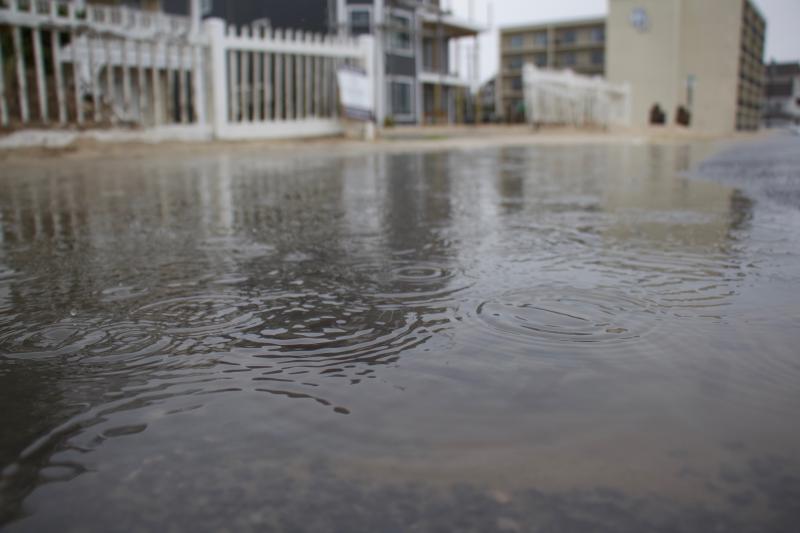Property owners in Lewes may soon have meaningful, long-term protections against natural disasters if recommendations made by an executive committee on resiliency are adopted by mayor and city council.
The two recommendations stem from a list of 14 developed by the group and are the two that will have the most meaningful impact on mitigating disaster. The first suggestion is to have a letter of disclosure required for each property that addresses past flood issues, current flood hazards or potential problems in the future. The letter would be used to inform any potential buyer of the risks associated with purchasing and maintaining the property. California has similar disclosure requirements for homes in the potential track of wildfires.
Flooding, like wildfires in California, is a reality of Lewes’ geography, and each property in Lewes has its own file on record, making documentation and recordkeeping important and feasible. The property’s stormwater management, which is often a joint effort between the property owner and the Lewes Board of Public Works, would also be in the disclosure to ensure a contingency plan remains in place.
The committee’s second recommendation is for the city to establish a resiliency fund. Locally, the Town of Bethany Beach has a resiliency fund, and other East Coast towns have funds which set aside money for preventative measures or response to natural disasters and flooding. The city has not made any decisions as to how it will maintain and manage its fund.
The hands-off approach, like one used in Coral Gables, Fla., restricts access to the fund while the town continues to put the money in escrow for use in the future. While the residents do not have access to the money now, they are paying a lower amount over a long period of time in preparation for future catastrophic storms. The Federal Emergency Management Agency can also match these funds with grants, doubling the financial power of the hands-off fund.
Another possible approach – one also used by Coral Cables – is to have an emergency fund available for use. Currently, if a disaster causes enough damage, FEMA can step in to offer assistance to a community; however, Lewes would rely on the agency’s assessment, determination and financing. A resiliency fund for access to emergency reserves could increase the city’s control in disaster matters.
Before officials establish the fund, they must determine what kind they want and when the city will be allowed to tap those assets.
Officials discussed a baseline fee of $10 per month per property for both commercial and residential. No determination was made, but at that rate, the fund could accumulate about $500,000 per year, putting the city in line to raise about $5 million each decade.
“We currently do not have a resiliency fund,” said outgoing Mayor Ted Becker at the May 16 mitigation planning team meeting. “This is something that will touch everyone, every property owner, so whether you’re the absentee property owner who is only here on a sunny July afternoon or you're someone who lives in the area full time, you’re going to be impacted by the resiliency fund.”
Aaron Mushrush joined the sports team in Summer 2023 to help cover the emerging youth athletics scene in the Cape Region. After lettering in soccer and lacrosse at Sussex Tech, he played lacrosse at Division III Eastern University in St. David's, PA. Aaron coached lacrosse at Sussex Tech in 2009 and 2011. Post-collegiately, Mush played in the Eastern Shore Summer Lacrosse League for Blue Bird Tavern and Saltwater Lacrosse. He competed in several tournaments for the Shamrocks Lacrosse Club, which blossomed into the Maryland Lacrosse League (MDLL). Aaron interned at the Coastal Point before becoming assistant director at WMDT-TV 47 ABC in 2017 and eventually assignment editor in 2018.





















































